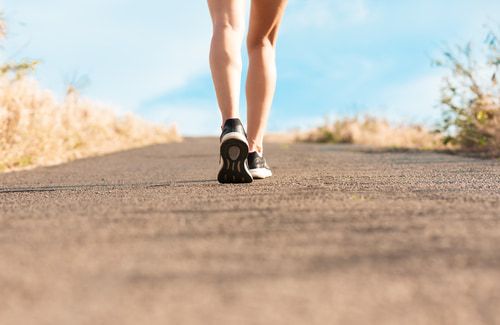
Credit: The Pacer Walking
Walking — free, easy, and accessible, remains one of the most effective ways to boost physical and mental well-being, according to a recent public health guide published by Better Health Victoria.
Why 30 Minutes Matters
Health experts recommend at least 30 minutes of brisk walking on most days of the week. This routine improves cardiovascular health, strengthens bones, reduces excess body fat, and bolsters muscle endurance. Even shorter walks, spread throughout the day, provide meaningful benefits .
 Credit: CDC
Credit: CDC
Health Gains Are Wide-Ranging
Walking supports heart and lung fitness, reduces the risk of heart disease, stroke, type 2 diabetes, osteoporosis and even some cancers. A brisk pace, where you can speak, but not sing, is ideal.
 Credit: Healthline
Credit: Healthline
Easy to Start, Easy to Maintain
No fancy equipment required. Just wear comfortable shoes with good support and take small steps, literally. Begin with short walks, maybe 10 minutes, and slowly build up Suggested routines include walking to the bus stop, taking stairs, or walking the dog.
Social, Safe, and Inclusive
Walking can be a social activity — join a friend or community group. For seniors, people with disabilities, or those new to exercise, local councils and parks offer tailored routes and support. Always consider a medical check-up before starting if you’re over 40, overweight, or haven’t been active.
Tips for a Better Walk:
Warm up and cool down to prevent injury
Choose good footwear with arch and heel support
Mix it up, walk on grass or varied terrain to ease impact
Track progress using a log or pedometer to stay motivated.
 Credit: Prescription Fitness
Credit: Prescription Fitness
Walking is more than a pastime: it’s a proven, science-backed way to improve health for people of all ages and abilities. Just 30 minutes of brisk walking most days can strengthen hearts, bones, muscles, and help manage weight and chronic disease, all with minimal risk and no cost.
Take a walk today and follow The Mekong Times for more simple, science-backed health tips.